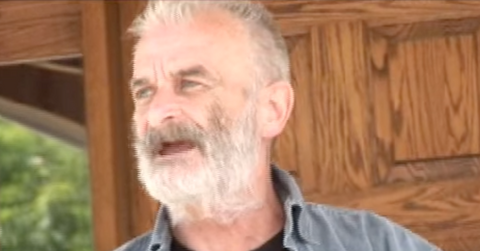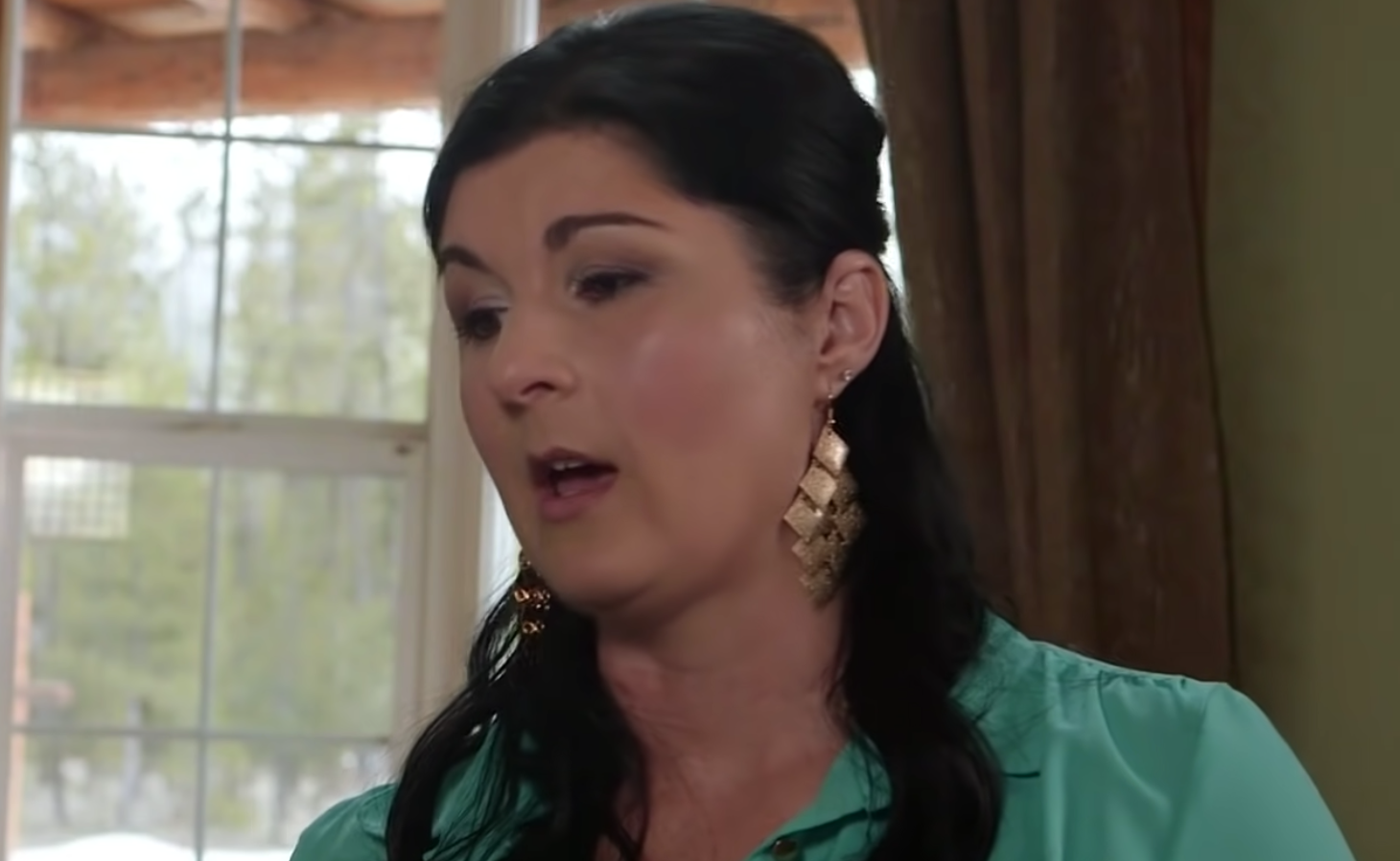What Happened to Randy Weaver After the Standoff at Ruby Ridge?
Updated April 14 2021, 2:43 p.m. ET

In August of 1992, the FBI and U.S. Marshals were part of a standoff against the Weaver family. The 11-day standoff — against Randy Weaver, his family, and a friend named Kevin Harris — took place at Ruby Ridge in Boundary County, Idaho. At the end of the altercation, three people were dead, including Weaver's wife and child.
Since that day, many have wonder what happened to Weaver in the following years. He reportedly was known to the FBI because of the time he spent with the Aryan Nations, a white supremacist group. He and his daughters are now living in the aftermath of the events and both he and his daughter Sara have been open about their struggles.
What happened to Randy Weaver?
Weaver surrendered after the standoff and was acquitted for the murder of a marshal who died in the altercation. But he spent 16 months in jail for a gun charge, according to a 2001 article from The Washington Post. The outlet goes on to say that he went on to write a book, The Federal Siege at Ruby Ridge: In Our Own Words, along with his daughter, Sara. The article also says he was working on a second book called The Rise and Fall of the USA, but it was never released.

Weaver also said that he got a lot of letters and comments from people who sympathized with him and disliked the government. A 2019 article from Penn Live says that Randy is now living in Montana, more than 100 miles away from Ruby Ridge. He lives in the state with his daughters and is now a grandfather.
Sara has a family of her own, but she lived with the aftermath of what happened at Ruby Ridge for years. However, she was able to find that religion has helped her move on in a positive way.
Ruby Ridge also left a lasting impact on Weaver's daughter, Sara.
In the interview with Penn Live, Sara said she had depression, post-traumatic stress disorder, and was very angry with the government for killing her mother and brother, Sam. "After losing mom and Sam, I almost felt guilty even thinking about being happy after they were gone," she said. "But that's a lie. Your family members don't want you to grieve them. They want you to move on."
Sara moved to Montana after high school and met with a childhood friend who helped her through her feelings.

This friend introduced Sara to the idea of building a relationship with God, something that still helps her today. That said, she still struggles with her mother's passing.
Now that she's a parent herself, it makes sense that she'd want to be able to have her mother to turn to. "It's hard to live without her to turn to," she said. "I want to turn to my mother for advice. We miss her terribly. It never goes away."